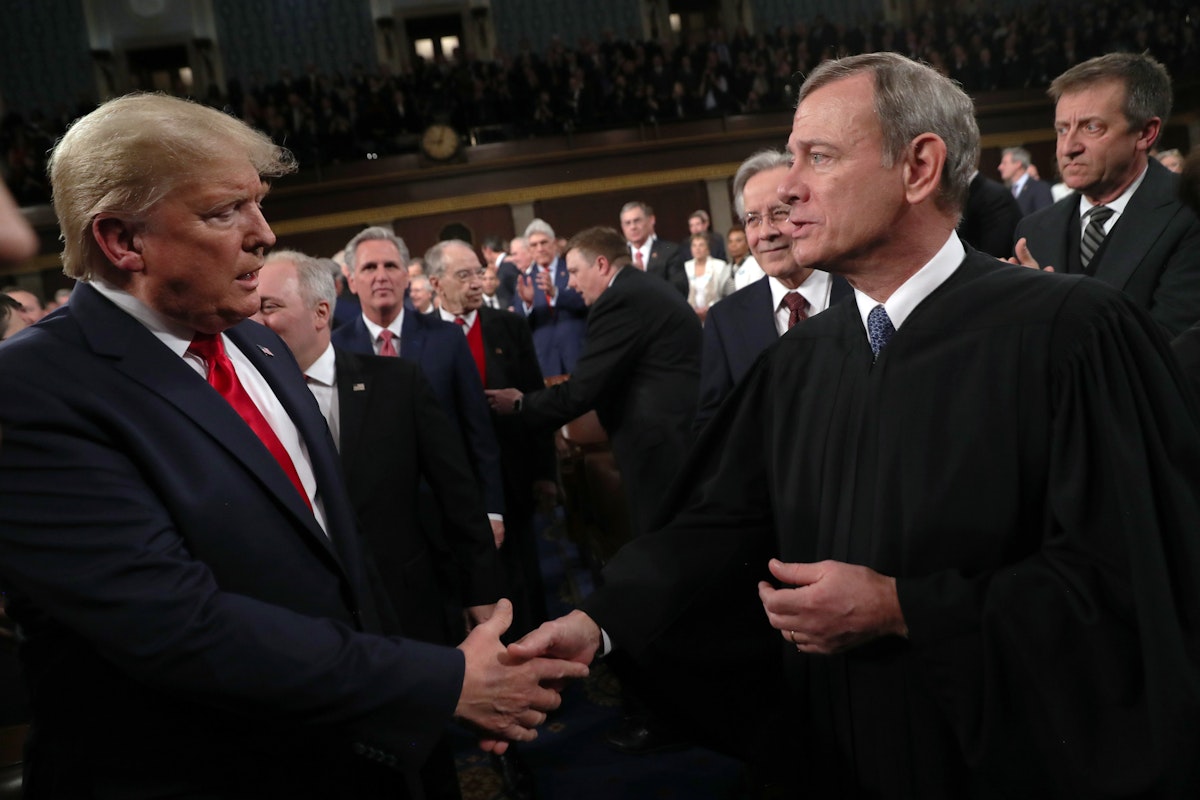

“It is telling that OSHA, in its half century of existence, has never before adopted a broad public health regulation of this kind—addressing a threat that is untethered, in any causal sense, from the workplace,” the majority wrote in an unsigned opinion. “This ‘lack of historical precedent,’ coupled with the breadth of authority that the Secretary [of Labor] now claims, is a ‘telling indication’ that the mandate extends beyond the agency’s legitimate reach.”
The justices struck a similar note in Biden v. Nebraska, where they quashed a major effort by the Biden administration to forgive billions of dollars in student loan debt held by the federal government. The Department of Education had invoked the HEROES Act, which gives the secretary of education broad authority to modify student loans in certain circumstances. Again, the justices rejected any novel interpretations of the statute, even one passed as recently as 2003.
“Prior to the COVID–19 pandemic, ‘modifications’ issued under the Act implemented only minor changes, most of which were procedural,” Chief Justice John Roberts wrote for the court. “Examples include reducing the number of tax forms borrowers are required to file, extending time periods in which borrowers must take certain actions, and allowing oral rather than written authorizations.” This showed, he later explained, that Congress did not envision anything as sweeping as Biden’s proposal.





